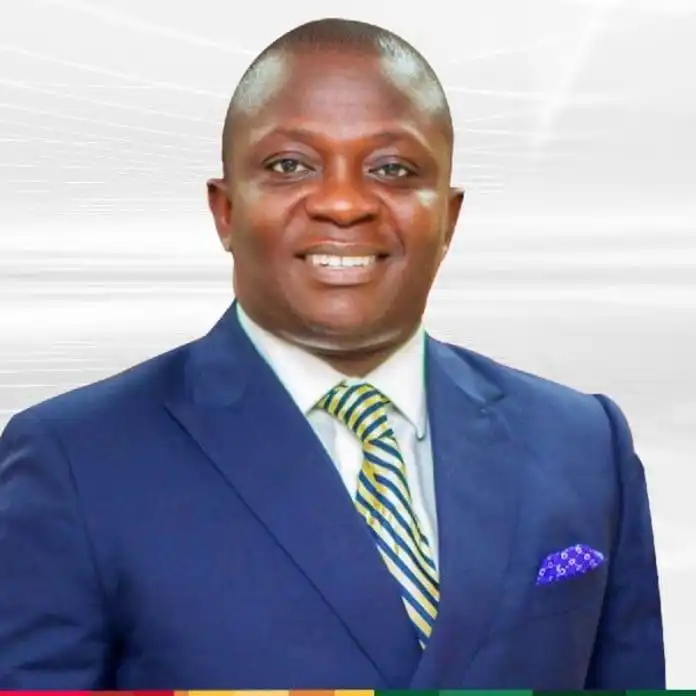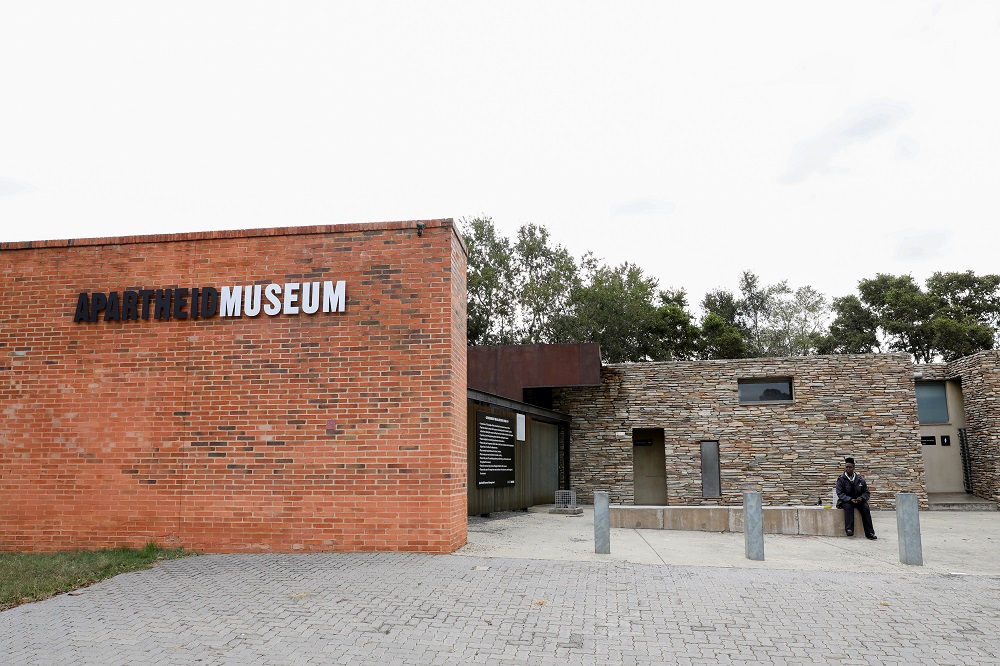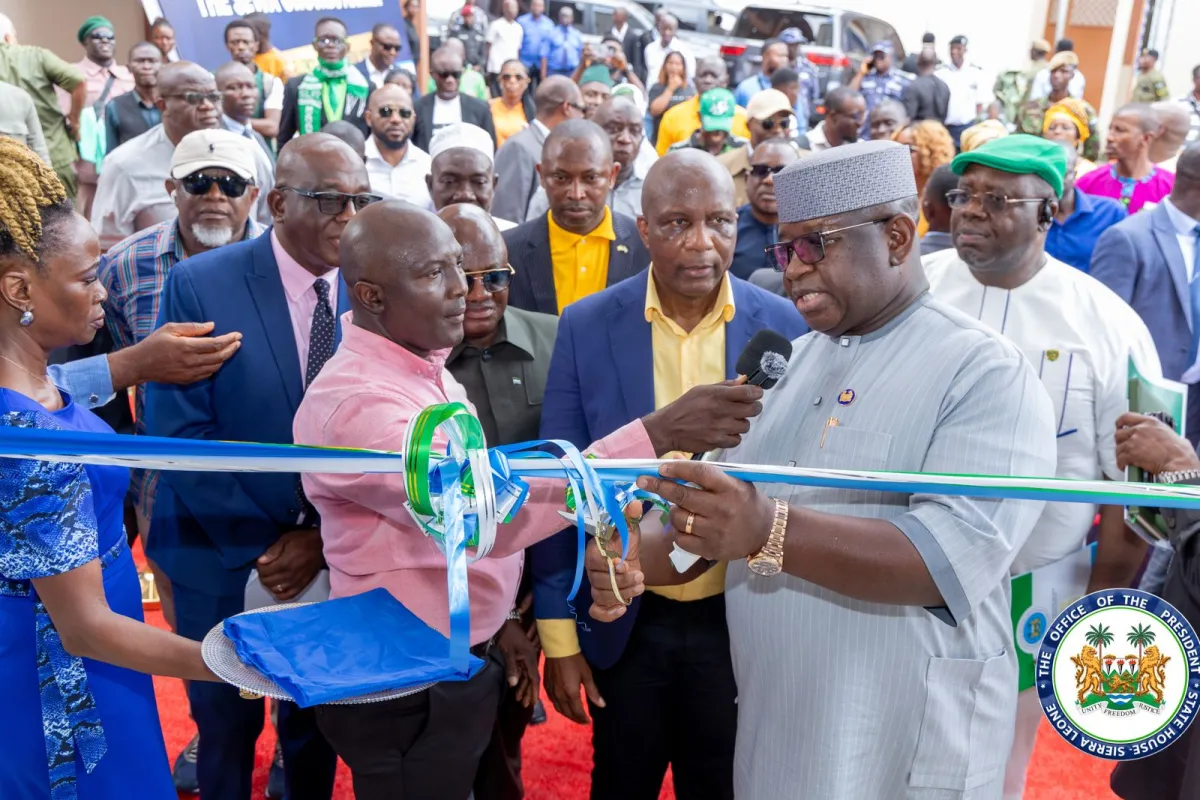By Ghana Plus,GhanaPlus
Copyright ghanaplus

New Patriotic Party (NPP) presidential aspirant Bryan Acheampong has positioned his decision to end the Ghana Cocoa Board’s (COCOBOD) reliance on syndicated loans as proof of his leadership capabilities, as the former Agriculture Minister faces vetting today in the party’s competitive flagbearer race.
COCOBOD broke its 32-year loan cycle by deciding to purchase cocoa for the 2024/2025 season using its own funds rather than raising the annual syndicated loan, marking the first time since the early 1990s that the cocoa sector manager operated without external borrowing for bean purchases.
Speaking to party delegates in campaign appearances, Acheampong claimed personal responsibility for the historic shift away from what he described as decades of expensive borrowing. The Abetifi Member of Parliament (MP) argued that his “Kwahu business calculation” approach saved Ghana millions in interest payments while demonstrating his capacity for bold decision-making.
The NPP’s presidential primary vetting process runs from September 15 to 22, with Dr. Mahamudu Bawumia appearing before the committee today, as the party prepares for its January 31, 2026 primary election to select a flagbearer for the 2028 general elections.
However, the narrative surrounding COCOBOD’s financing strategy reveals complex dynamics beyond Acheampong’s campaign claims. Finance Minister Dr. Amin Adam disputed suggestions that COCOBOD was abandoning syndication entirely, stating that negotiations were ongoing but would likely yield only $600 million of an initial $1.5 billion target, suggesting financial constraints rather than strategic choice may have influenced the decision.
Industry analysis suggested that COCOBOD’s $1.5 billion loan request faced rejection from international banks, forcing alternative financing arrangements, raising questions about whether the move represented bold leadership or necessity driven by limited options.
Acheampong announced that major cocoa processors, rather than banks, would supplement funding for any shortfalls COCOBOD might face, indicating a fundamental shift toward direct buyer financing that could reshape Ghana’s cocoa marketing model.
The cocoa sector transformation comes as Ghana faces broader economic challenges that have affected its international borrowing capacity. The country’s cocoa production has declined significantly in recent years due to illegal mining, climate issues, and disease outbreaks, potentially making traditional syndicated loans more difficult to secure.
Acheampong, who served as Minister of Food and Agriculture from February 2023 to January 2025, represents the Abetifi Constituency and has positioned himself as the “man of ideas” in the NPP race, contrasting his record of implementation with rivals’ campaign promises.
The former minister’s campaign strategy centers on showcasing concrete policy achievements during his tenure, using the COCOBOD financing shift as evidence of his ability to translate vision into results. His supporters argue the approach demonstrates practical business acumen applied to government operations.
Critics, however, question whether the financing changes reflected strategic planning or responses to external pressures beyond government control. The debate highlights broader discussions about Ghana’s economic management and international creditworthiness during the NPP’s recent term in office.
Acheampong submitted his nomination forms on August 27, 2025, describing the filing as moving his campaign “from just a vision to action”, emphasizing his theme of concrete achievements over theoretical proposals.
The NPP primary represents one of the most competitive leadership contests in the party’s recent history, with multiple candidates seeking to lead the party back to power after losing the 2024 elections. Acheampong’s emphasis on policy implementation reflects broader party discussions about lessons learned from electoral defeat.



